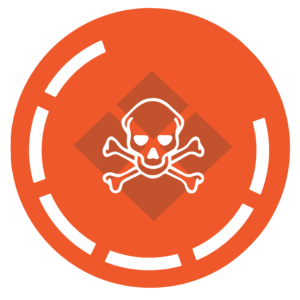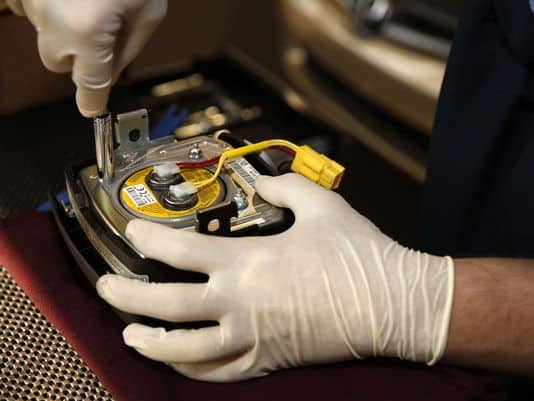What are they? Lithium Ion batteries are used to charge electronic devices for everyday use. These include electric
cars, cell phones, and laptops. This is because they are light to carry, rechargeable, and can retain
power for some time.
How Lithium-Ion Batteries Work and Their Potential Risks
As a source of reliable power supply, Lithium-Ion batteries have become the best option in
conserving energy. However, it is evident that:
- Some of them have design flaws.
- They are prone to damages when not used correctly.
- They have been restricted in aircraft, which carry passengers.
How do Lithium-Ion Batteries Work?
Basically, they are made of six elements which work together to generate and store energy. Lithium
is stored by two of them. These are the cathode and anode. There is an electrolyte which acts as a
carrier of positive ions to and from the anode and cathode via a separator. Current is then generated
when the lithium ions move freely to create electrons in the anode. It then flows from the positive
collector to the device intended for use and ends up in the negative current collector.
How safe are they?
It is clear, however, that, Lithium-Ion batteries can prove to be dangerous. This is because of:
- Design Flaw
- Stress events
Their failures have been witnessed in cases related to design flaw, whereby, the intended flow of the internal process fails or works incorrectly. Stress events cause other common failures. This is where you find that the battery is reacting to overheating or charging in very low temperatures. This affects their programming, thus causing accidents like explosions.
Due to this, there has been a ban inflicted on the transportation of lithium ion batteries in aircraft which carry passengers. For more information on this, you can explore the IATA guidelines here.
Take control of your Hazmat transport that can assure you transparency from the port to your destination nationwide, request a free quote today and discover your hazmat logistics solution.
Sources
- https://en.wikipedia.org/wiki/Lithium_battery
- http://www.dgdeclaration.com/dangerous-goods-transportation-predictions-2019/
- https://www.iata.org/whatwedo/cargo/dgr/Pages/lithium-batteries.aspx
- https://www.energy.gov/eere/articles/how-does-lithium-ion-battery-work

